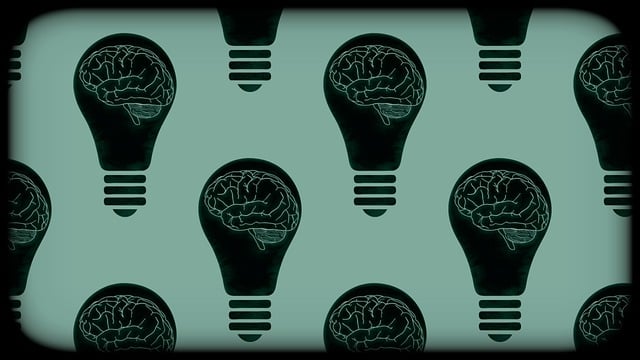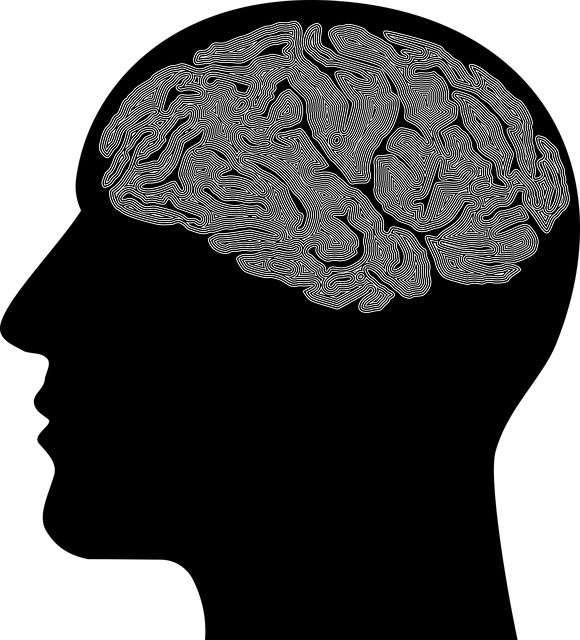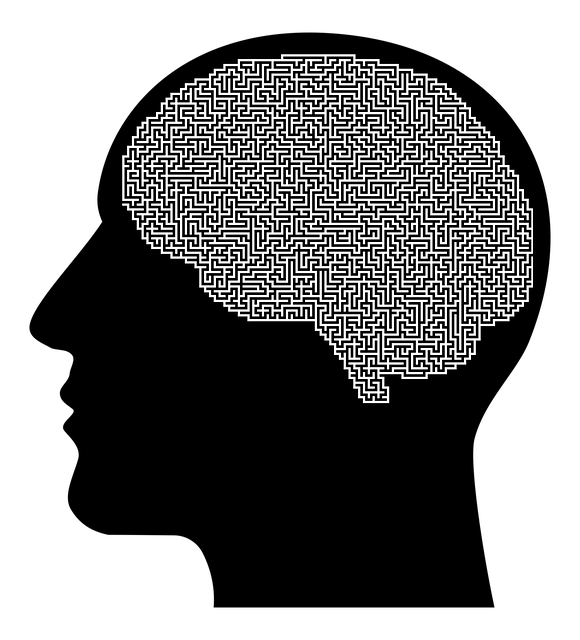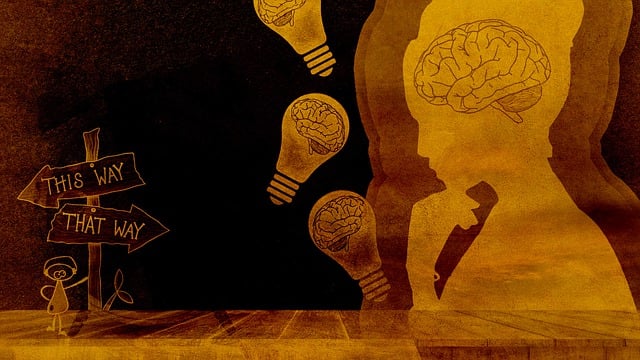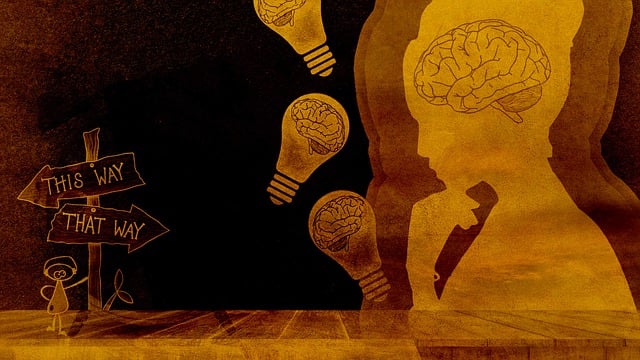Westminster Developmental Disability Therapy tackles mental health diagnosis challenges by promoting education, open dialogue, and coping skills development. They utilize advanced assessment techniques beyond traditional methods for precise diagnoses, focusing on conditions like anxiety and stress-related disorders. Through collaboration, community support networks, and comprehensive training, they aim to enhance diagnosis accuracy, facilitate early intervention, and provide tailored support for optimal mental well-being, especially for underserved populations.
Mental illness diagnosis accuracy is a critical aspect of patient care, yet it remains challenging due to stigma, misconceptions, and limited resources. This article explores efforts to enhance diagnostic precision at Westminster Developmental Disability Therapy, highlighting advanced assessment techniques and innovative approaches. We delve into the importance of collaboration and education in building community support networks, ultimately aiming to improve mental health services and outcomes for all individuals in need, especially those served by specialized facilities like Westminster.
- Understanding the Challenges: Overcoming Stigma and Misconceptions in Mental Health Diagnosis
- Advanced Assessment Techniques: Incorporating Innovations for More Precise Diagnoses at Westminster Developmental Disability Therapy
- Collaboration and Education: Building Community Support Networks for Accurate and Timely Mental Illness Diagnosis
Understanding the Challenges: Overcoming Stigma and Misconceptions in Mental Health Diagnosis

Mental health diagnosis faces significant challenges due to persistent stigma and misconceptions. This often leads to misdiagnosis or delayed treatment, impacting patient outcomes negatively. The societal stigma surrounding mental illness can discourage individuals from seeking help, creating a barrier to accurate assessment and effective care. Many still view mental health issues through a lens of personal weakness or even moral failings, rather than recognizing them as valid medical conditions.
Westminster Developmental Disability Therapy emphasizes the importance of challenging these misconceptions and fostering an environment of understanding and support. By promoting education and open dialogue, it aims to boost confidence in seeking help and encourage early intervention. Additionally, coping skills development and burnout prevention strategies for healthcare providers are crucial components in ensuring accurate diagnoses and delivering compassionate care.
Advanced Assessment Techniques: Incorporating Innovations for More Precise Diagnoses at Westminster Developmental Disability Therapy

At Westminster Developmental Disability Therapy, we recognize the importance of accurate mental illness diagnoses for effective treatment planning. To this end, we’ve incorporated advanced assessment techniques, leveraging innovative tools and methodologies designed to enhance precision in identifying various conditions. Our approach integrates cutting-edge practices that go beyond traditional methods, focusing on a holistic understanding of each client’s unique challenges.
By integrating these sophisticated strategies, we aim to improve diagnosis accuracy, especially for complex cases where symptoms may overlap. This includes a focus on not just identifying disorders like anxiety and stress-related conditions but also addressing underlying factors contributing to burnout prevention. Our commitment to staying at the forefront of assessment techniques ensures that our clients receive tailored support aimed at Anxiety Relief and optimal Stress Management, fostering a more inclusive and effective therapeutic experience at Westminster Developmental Disability Therapy.
Collaboration and Education: Building Community Support Networks for Accurate and Timely Mental Illness Diagnosis

In efforts to enhance mental illness diagnosis accuracy, collaboration and education play a pivotal role. Building strong community support networks can significantly improve timely access to appropriate care. Organizations like Westminster Developmental Disability Therapy are at the forefront of this initiative, promoting comprehensive training for healthcare professionals and community members alike. By fostering open dialogue and sharing resources, these networks ensure that individuals experiencing mental health challenges receive accurate diagnoses early on, thereby facilitating more effective treatment planning.
This collaborative approach extends beyond clinical settings, with Community Outreach Program Implementations aimed at reaching underserved populations. Crisis Intervention Guidance and Trauma Support Services are integral components of this strategy, providing immediate assistance during crises and helping to normalize conversations around mental health. Through such initiatives, communities become better equipped to identify signs of distress, offering timely interventions that can prevent the escalation of mental health issues.
The pursuit of enhancing mental illness diagnosis accuracy is a multifaceted endeavor, as evidenced by the strategies employed at Westminster Developmental Disability Therapy. Overcoming stigma and misconceptions through education is vital, while advanced assessment techniques play a crucial role in improving diagnostic precision. Collaboration between healthcare professionals and community support networks further strengthens this process. By integrating these efforts, we can foster an environment that encourages timely and accurate mental health diagnoses, ultimately enhancing the quality of care for those seeking help.

